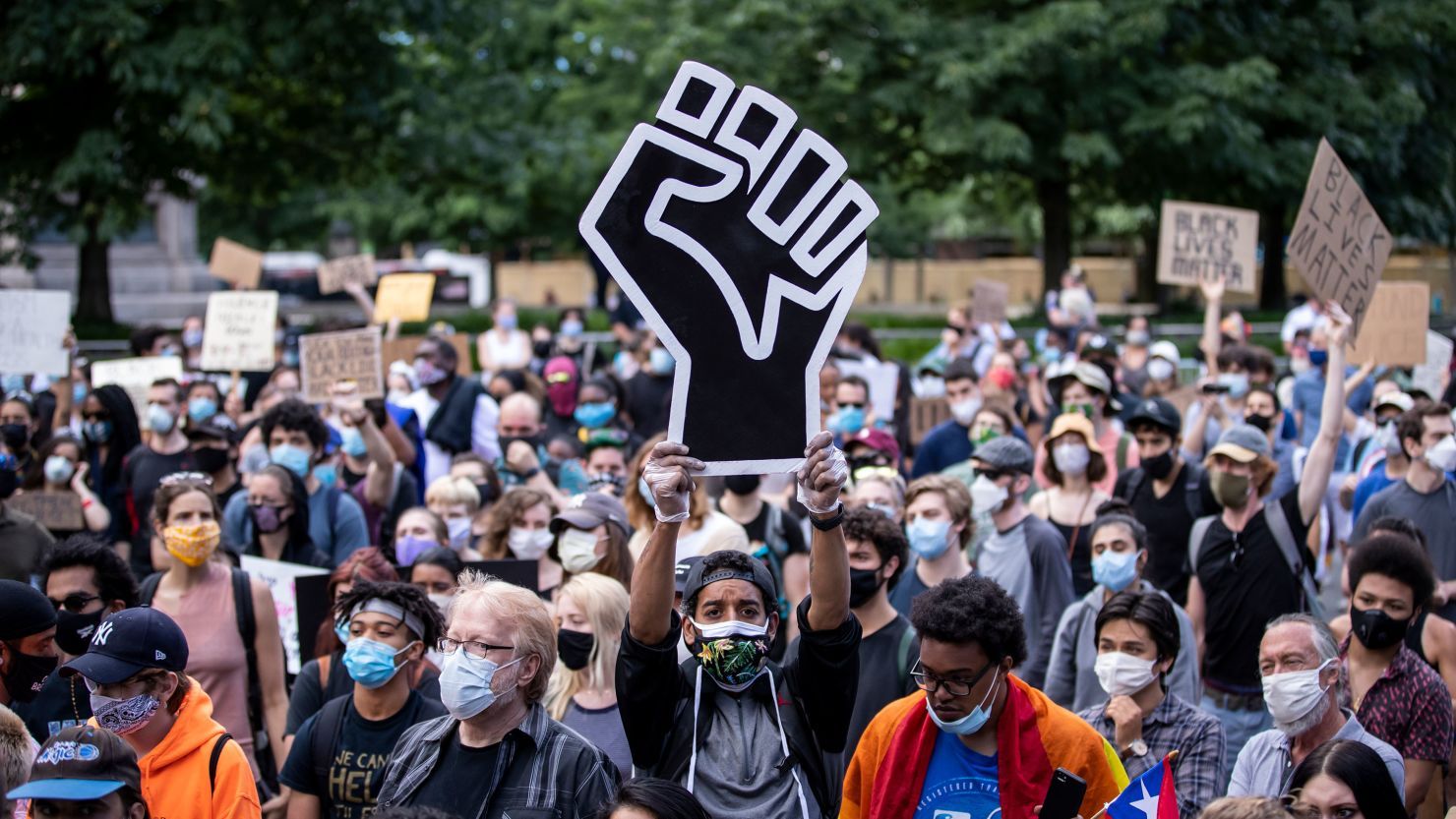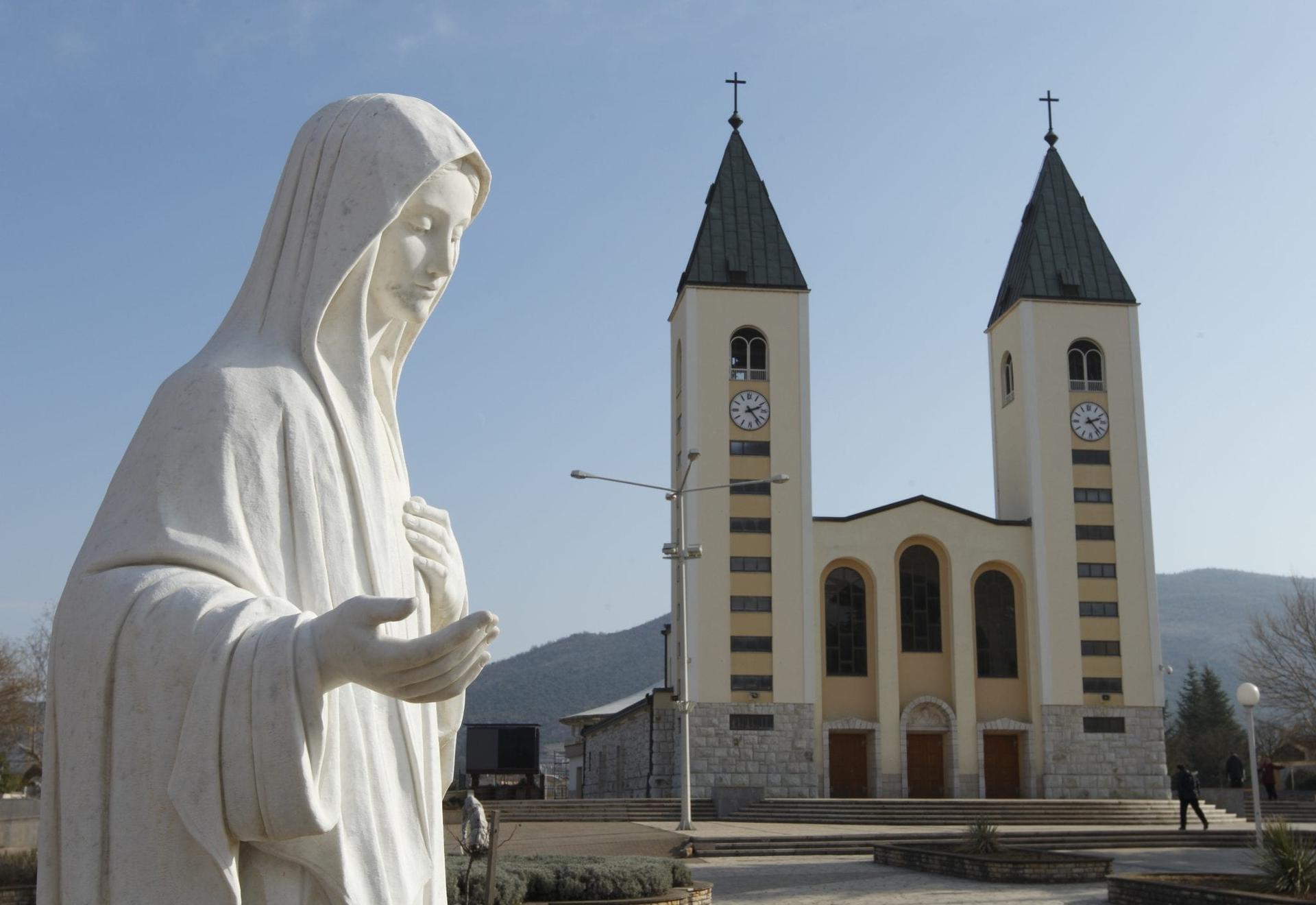
Protests have shaped history, sparked change, and given voices to the voiceless. But what exactly makes a protest effective? Protests are not just about loud chants and colorful signs; they are about strategy, unity, and resilience. From the civil rights marches in the 1960s to recent global movements, protests have been a powerful tool for social change. Did you know that peaceful protests are twice as likely to achieve their goals compared to violent ones? Or that social media has revolutionized how protests are organized and spread? Understanding the dynamics of protests can help us appreciate their impact and significance. Let's dive into 14 fascinating facts about protests that highlight their importance and influence.
What is a Protest?
A protest is a public demonstration expressing strong objection to policies, actions, or situations. People gather to voice their opinions and demand change. Protests can be peaceful or involve civil disobedience.
-
The word "protest" comes from the Latin word "protestari," meaning to declare publicly or testify.
-
Protests have been a part of human history for centuries, with notable examples like the Boston Tea Party in 1773.
-
Peaceful protests are protected under the First Amendment in the United States, which guarantees freedom of speech and assembly.
Types of Protests
Protests come in various forms, each with unique characteristics and methods. Understanding these types helps in grasping the diverse ways people express dissent.
-
Marches: Large groups walk a set route, often ending at a significant location. The 1963 March on Washington is a famous example.
-
Sit-ins: Participants occupy an area, refusing to leave until their demands are met. The Greensboro sit-ins in 1960 were pivotal in the Civil Rights Movement.
-
Boycotts: People refuse to buy or use products from a company to force change. The Montgomery Bus Boycott in 1955 was a key event in the fight against segregation.
Famous Protests in History
Throughout history, certain protests have stood out for their impact and significance. These events have shaped societies and brought about major changes.
-
The Salt March: Led by Mahatma Gandhi in 1930, this protest against British salt taxes was a crucial moment in India's struggle for independence.
-
Tiananmen Square: In 1989, Chinese students and citizens gathered to demand political reform, leading to a tragic crackdown.
-
Arab Spring: Starting in 2010, a series of protests across the Arab world led to significant political changes in several countries.
Modern-Day Protests
In recent years, protests have continued to play a vital role in addressing contemporary issues. These movements often leverage technology and social media.
-
Black Lives Matter: Founded in 2013, this movement protests against police brutality and systemic racism, gaining global attention after George Floyd's death in 2020.
-
Climate Strikes: Inspired by Greta Thunberg, students worldwide have been striking to demand action on climate change since 2018.
-
Women's March: In 2017, millions marched globally to advocate for women's rights and other social justice issues.
The Impact of Protests
Protests can lead to significant social, political, and economic changes. They raise awareness, influence public opinion, and sometimes result in policy changes.
-
Civil Rights Act of 1964: Protests and activism during the Civil Rights Movement led to this landmark legislation, outlawing discrimination based on race, color, religion, sex, or national origin.
-
End of Apartheid: Protests and international pressure played a crucial role in ending apartheid in South Africa, leading to Nelson Mandela's release and eventual presidency.
Final Thoughts on Protests
Protests have shaped history, driven change, and given voice to the voiceless. From peaceful marches to more intense demonstrations, they reflect society's pulse. Understanding the history of protests helps us appreciate their impact and the courage of those who participate. Whether advocating for civil rights, environmental protection, or political reform, protests remind us of the power of collective action. They highlight issues that might otherwise be ignored and push for solutions. As we look at past and present movements, it's clear that protests will continue to play a crucial role in shaping our future. So next time you see a protest, remember its potential to drive change and the history behind it. Stay informed, stay engaged, and never underestimate the power of a united voice.
Was this page helpful?
Our commitment to delivering trustworthy and engaging content is at the heart of what we do. Each fact on our site is contributed by real users like you, bringing a wealth of diverse insights and information. To ensure the highest standards of accuracy and reliability, our dedicated editors meticulously review each submission. This process guarantees that the facts we share are not only fascinating but also credible. Trust in our commitment to quality and authenticity as you explore and learn with us.


